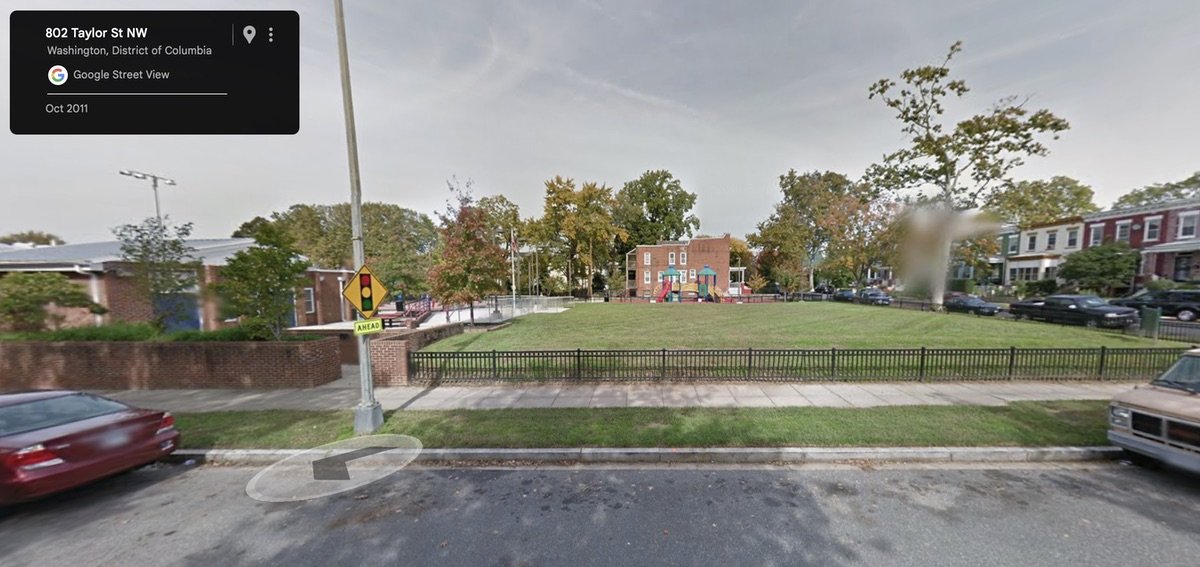The NEAR Act: Are we closer to public safety that goes beyond policing?
/by Wanda Lucas
Community meetings held recently are quite full in response to recent increases in crime including homicides in our neighborhoods. While many questions are directed to the police and council representatives, it is pleasing to hear many residents express concerns about potential over policing in the area. It is common knowledge that over policing, and mass incarceration do not significantly reduce violence or other crimes. As we know, DC has the most police per capita of all US cities, yet we still experience more than 100 homicides per year.
It is clear our city welcomes new approaches to violence, and on paper it appears that the Neighborhood Engagement Achieves Results Act (NEAR) is just what this city needs. The NEAR Act, a comprehensive public, health-based approach to violence prevention and intervention, addresses the root causes of violent activities in a long-term, sustainable way.
Addressing violence in this way is not new. In Richmond, California, the Office of Neighborhood Safety (ONS) reduced gun violence by over 70% in three years. Their program was the model for the Office of Neighborhood Safety and Engagement (ONSE) established under the NEAR Act.
Collaboration among various government and community stakeholders lies at the heart of this law. The four main functions of the NEAR Act include:
- Identifying and engaging people at risk through the ONSE
- Linking behavioral health issues and crime through the Community Crime Prevention Team Program
- Establishing the Office of Violence Prevention and Health Equity in the Department of Health
- Using open data and training to improve policing
Passed in 2016, the NEAR Act was not fully funded until FY 2017 and to this day, all of the provisions associated with the Act have not been implemented. Greg Montross of Stop Police Terror Project DC is a familiar face at community meetings as his organization has been involved in conducting community trainings on the NEAR Act. They have partnered with other organizations such as Black Lives Matter, ACLU-DC and Keep DC 4 Me to equip residents with the knowledge and skills to hold our DC elected officials accountable.
When asked about the need for community trainings, he said, "We felt that the administration had not made enough progress toward full implementation of the act, and we were disappointed in the lack of public awareness of it. Changing the ways we all think and speak about violence is critical to the success of the NEAR Act, and creating a paradigm shift from the failed status quo of policing and punishment to a health-based approach requires public education. Unfortunately, we didn’t see much of that from the government, so we took it upon ourselves to explain to residents what the NEAR Act is and to expand the conversation that for so long has said policing was the only answer to violence."
Concerned citizens are being asked to attend the DC Council’s oversight hearing on Thursday, February 22nd, beginning at 9:30 am, as the three agencies critical to the success of the NEAR Act will be discussed. They are:
- The Office of the Deputy Mayor for Public Safety and Justice,
- The Office of Neighborhood Safety and Engagement, and
- The Office of Police Complaints.
Related
Listen to this short NPR piece about the importance of changing how we speak and think about violence – "A Cure for Violence?"




















